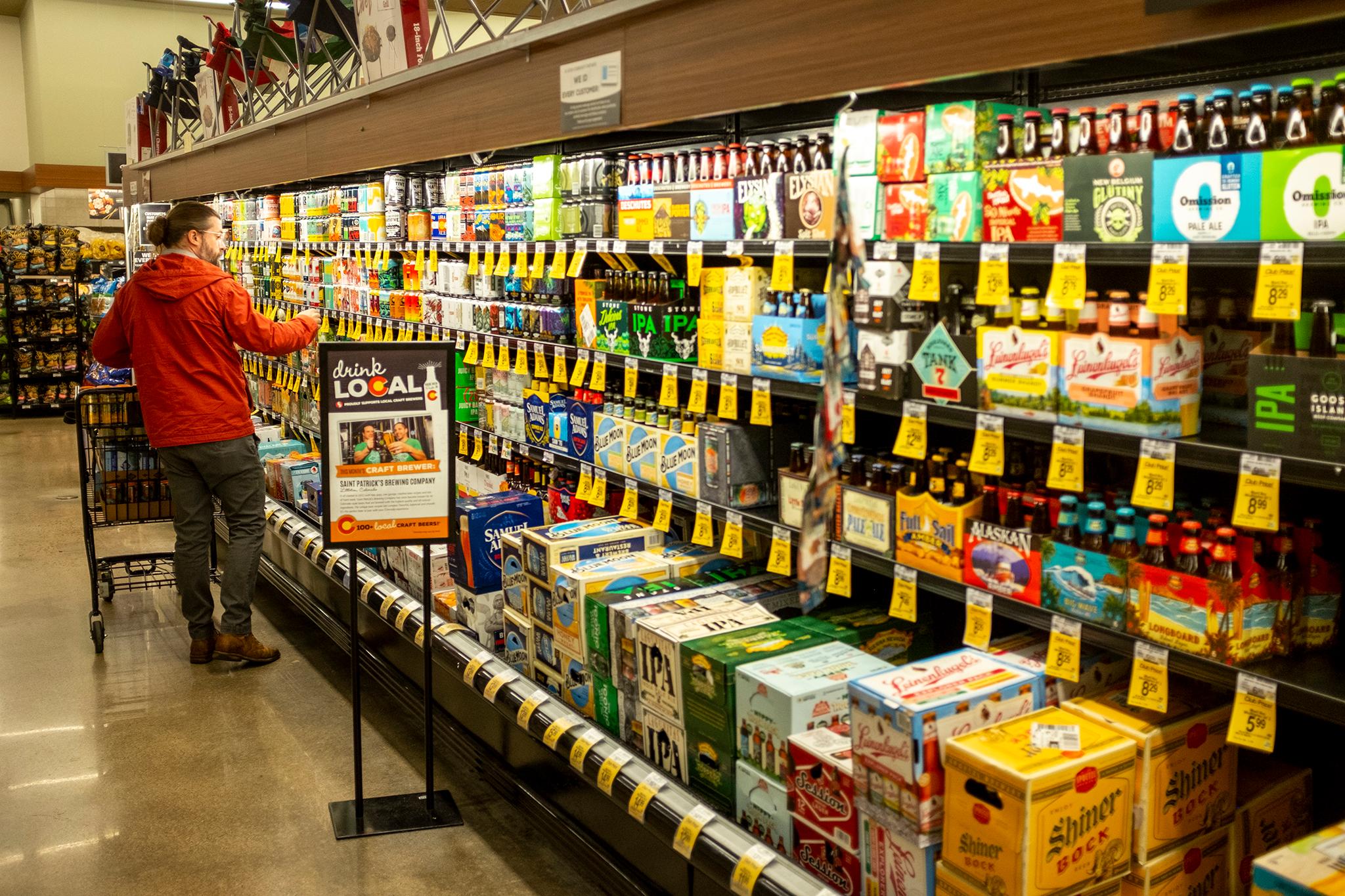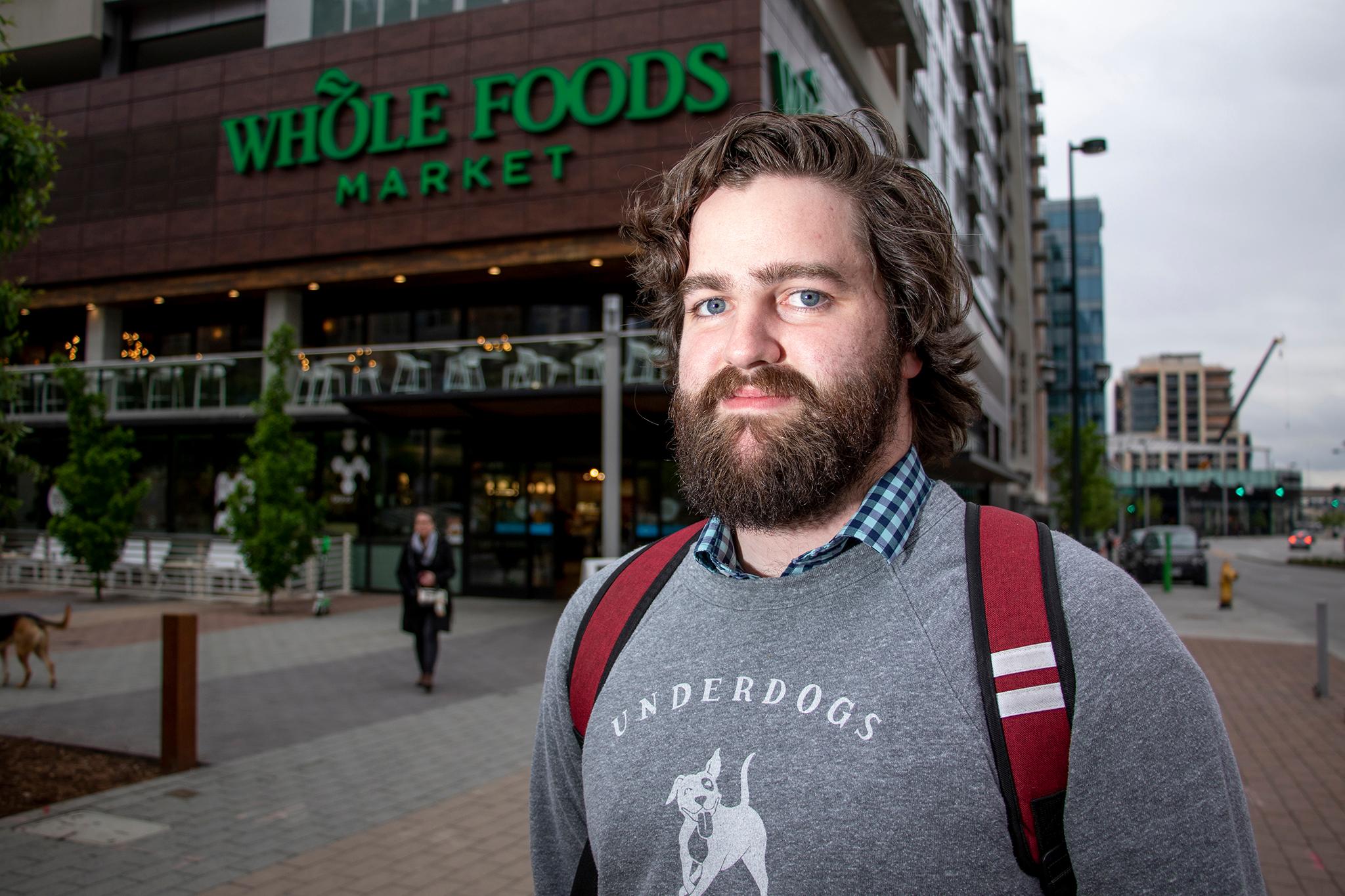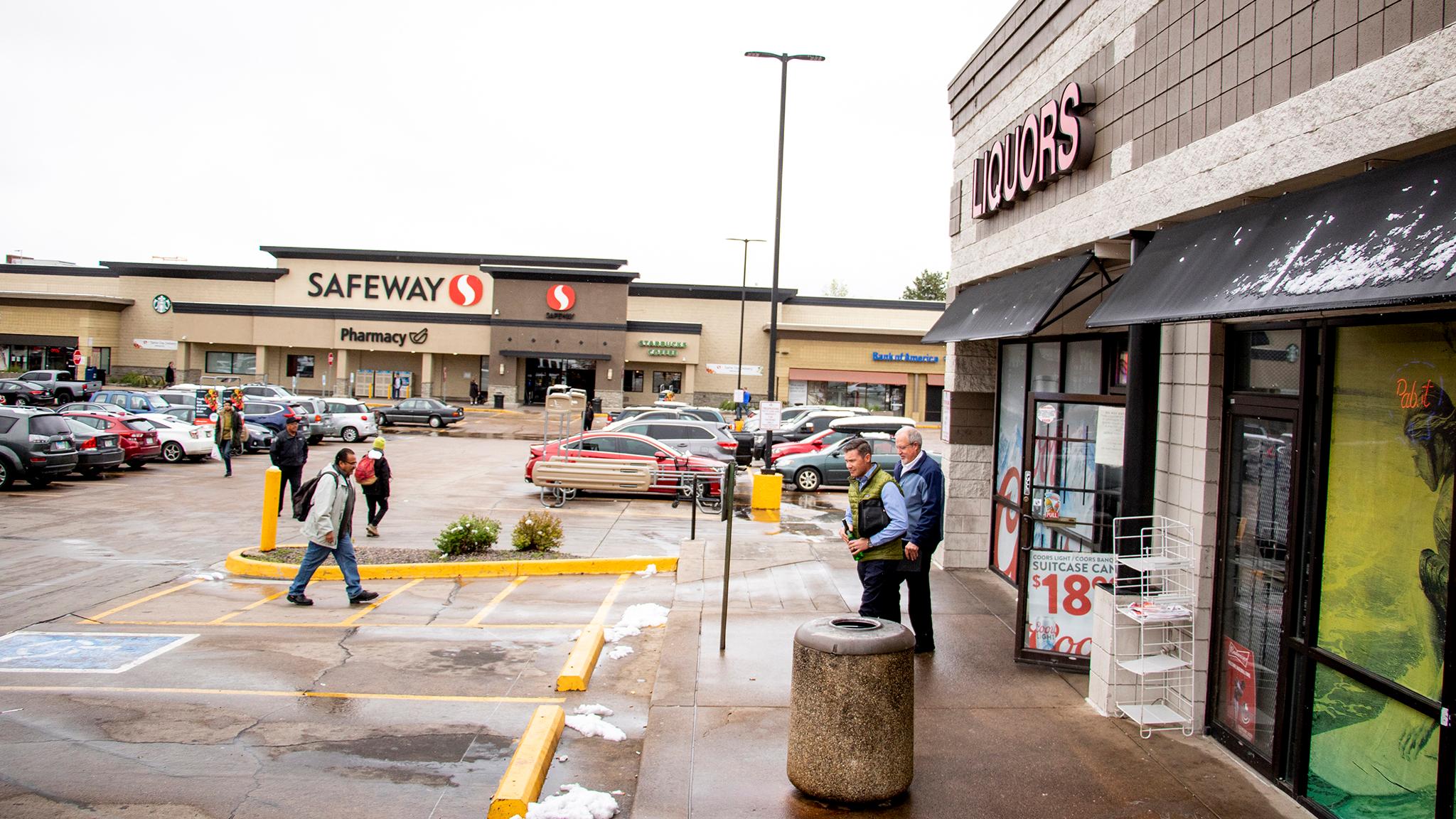Almost 90 years removed from Prohibition, people can now buy full-strength beer at Denver grocery stores and convenience stores, but the change could make Denver's alcohol market wobbly.
The law repealing a Prohibition-era ban on full-strength beer in grocery stores and convenience stores took effect January 1. Since then, sixers and twelvers have been flowing out of Safeway, according to company spokesperson Kriss Staaf.
"Beer sales have been good," Staaf said. "We've only been at it for about five months but overall, the feedback has been great."
Staaf would not share specific sales numbers for "competitive reasons," but said customers like the convenience of buying beer where they shop for food. Denver's other major grocers did not return interview requests.
Liquor store owners probably did not mind the old days when buying regular beer was slightly more inconvenient. They often set up shop near groceries for that very reason -- to provide customers with boozy beer (plus wine and liquor) that Safeway and King Soopers could not.

The city now has 205 grocery and convenience stores selling full-strength beer, competing with 233 liquor stores, according to the Colorado Department of Revenue. They've sniped some customers from Argonaut Liquor, with beer sales down about 8 percent over last year, according to owner Ron Vaughn.
"Our beer sales have been impacted by groceries for sure, and increased competition is always going to do that," Vaughn said. "I think the jury's out on where it ends up, but our contention is because of our selection and personal service, people will be drawn back."
Argonaut is a big, popular store across the street from a Natural Grocers that does not sell beer. Washington Liquors is not. It's a small, independent liquor store across the parking lot from a Safeway that sells a lot of beer.
Manager Waldo Gebre says beer sales are down significantly since the law change.
"The beer selling is probably down 50 percent since (the new law) started," Gebre said. "We're selling half the beer as before."
The rules of economics -- time is money -- apply here.
If a busy mom or dad at the grocery store can go an aisle over to grab beer instead of to another store, the market will reflect that, says Andrew Friedson, assistant professor of economics at the University of Colorado Denver.
"It's all about convenience for the consumer," Friedson says. "The cost of making a purchase is not just the dollar price. It also includes travel cost and time cost. For a lot of people, convenience is a really big deal."
Economists literally put a price on time. Friedson and his colleagues label the idea "opportunity cost." Basically, if you make $20 an hour and spend 30 unnecessary minutes going to a liquor store to buy beer, that's $10 of your time down the drain, the way economists see it.
Mike McColgan is a living, breathing, beer-drinking, opportunity-costing Denverite!
His beer-buying behavior has not changed since January 1. McColgan told Denverite he still goes to his liquor store to grab beer because it's close. If that liquor store was a grocery store, he would go there, he said.
"There's (a liquor store) two doors down. It's just a matter of convenience," McColgan said.

Highland resident Mikaela Newmuller was on her way to buy a bottle of wine near Whole Foods at Union Station, frustrated that the grocery store doesn't sell it. She mostly drinks wine, a market segment grocery stores can't get their hands on. Still, she said her habits have changed.
"I guess I bought beer at Safeway last week when I was there anyway," Newmuller said.
Safeway's Staaf says the upcoming Memorial Day weekend is a consistently a good time for big beer-buying. Maybe all boats will rise.












